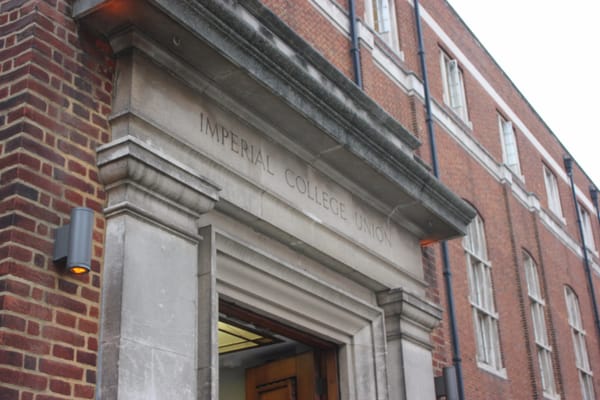Eminent Imperial professor passes away at 77
Professor Fotis Kafatos was the founding President of the European Research Council

Eminent Greek molecular biologist and Imperial professor Fotis Kafatos passed away last weekend at the age of 77. He was the founding president of the European Research Council (ERC).
Kafatos was born in Greece, on 16th April 1940. As an undergraduate he studied zoology at Cornell University in New York, before completing his MA and PhD in biology at Harvard University. He wrote his doctoral thesis on the emergence of moths from cocoons.
Following his PhD, he became a professor at Harvard at the age of 29, and taught in the Biology Department until 1994. From 1982, he also worked as a Professor of Biology at the University of Crete. From 2005, he was Chair of Insect Immunogenomics at Imperial Kafatos and his colleagues pioneered techniques such as cDNA cloning, and his team was the first to clone an entire mammalian gene. From the mid-90s onwards, he focused on Anopheles gambiae, a malaria-carrying mosquito.
Kafatos was well known as an organiser within the scientific community: in 1982 he founded the Institute of Molecular Biology and Biotechnology, one of the institutes making up the Greek research centre FORTH. He then went on to head the European Molecular Biology Laboratory (EMBL).
He was the founding president of the European Research Council, which was established in 2007 to oversee and fund research conducted within the European Union. He carried out the role until 2010.
In recognition of his work, Kafatos was presented with a number of honours. In 2003 he was elected a Fellow of the Royal Society, and in 2011 he was awarded the Leibniz Medal, awarded to individuals who promote science.
Following the news, tributes were paid throughout the scientific community. The EMBL highlighted his “rare ability to bring together people, ideas, and disciplines”, saying that he “worked passionately towards accomplishing three major goals: excellence, inclusiveness, and cooperation”.
Professor Fotis Kafatos was born 16th April 1940; he died 18th November 2017, aged 77.









